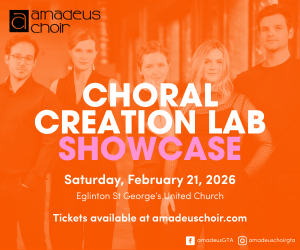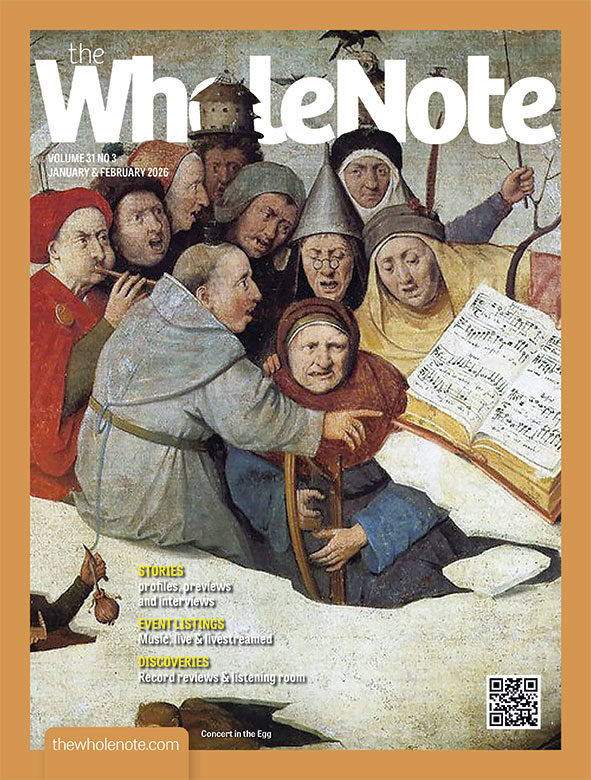Back in 1999, the feeling of collective millennial fervour and/or impending doom, as the thousand-year clock ticked toward midnight, is something that any of our readers old enough to remember Y2K will be able to relate to. And literature and everyday discourse are rife with examples of phrases like “100th birthday” and “turn of the century” being used in ways which take for granted that the reader or listener will understand, without any need for any further explanation, why the odometer clicking from 99 to 100 always has special significance.
I am, however, starting to think that any time the calendar threatens to click over from nine to ten, people are suddenly galvanized into getting something important done “before it’s too late.” How else do we explain the rash of earth-shakingly important events in years, like this one, when the moving finger of fate is pointing to a nine? And this in turn leads to subsequent rashes of anniversary celebrations, every ten years after that. Like this year’s 50th anniversary of the first moon landing in 1969; or the 30th anniversary of the fall of the Berlin Wall in 1989; or … drum roll please! ... the 20th anniversary of the establishment of the WholeNote Blue Pages directory!
That last example is of course entirely flippant; the other two are not, although I must confess that while I listened in 1969, with half the world, over a crackling transistor radio, to Neil Armstrong flub his big line, and forgave him, I couldn’t care less at this point what Buzz Aldrin thinks about Armstrong, 50 years later. More than anything else I find it depressing that, 50 years later, the same old loony theories about the moon landing being a hoax still refuse to go away.
As for the 30th anniversary of the fall of the Berlin Wall, however, I still think that one is worth celebrating (as, I notice, Orchestra Toronto will do in their upcoming October 27 concert).
There’s another 30th anniversary concert in our listings this month also worth celebrating, and since it hasn’t been picked up by any of our writers, I am going to do a shout-out for it here, for three reasons.
Titled “Freedom Reborn,” it takes place at 5pm on Sunday, October 27 at St. Andrew’s Church at King and Simcoe, across the road from Roy Thomson Hall. As the organizers explain, the freedom it celebrates is “the 30th anniversary of the return of democracy and freedom to Central Europe” – namely the rollback of Soviet political domination, throughout 1989, in Hungary, Poland, and what was then Czechoslovakia. I won’t pretend to have either a deep historical
understanding of the ebb and flow of that year, or the visceral memory of what it meant for citizens of the countries in question, many of whom experienced it from places like Canada where they had taken refuge, or sought firm ground on which to take a stand.
I do remember, though, the phrase “The Velvet Revolution” to describe the astonishing, largely nonviolent series of events in Czechoslovakia between the middle of November and the last days of December 1989, culminating in the swearing in of Vaclav Havel – an artist for crying out loud! – as president on December 29, just before the clock ticked over. I also understand a little bit better now than I did then, the extent to which, in the absence of the momentum building through all the other Warsaw Pact countries over the course of that year, that astonishing outcome would have been entirely impossible.
One of the things I like most about this particular concert is that it is a joint venture among the Consulates General of the Czech Republic, Hungary and Poland in Toronto along with the Embassy of the Slovak Republic in Canada – the four member nations in the so-named Visegrad Group of Central European countries. Cooperation to make happy noise is almost invariably a good thing.
The second thing I like about it is that the artists involved reflect all the countries concerned: Alicja Wysocka, soprano; John Holland, baritone; Jan Vaculik, baritone; Sophia Szokolay, violin; Daniel Wnukowski, piano; Imre Olah, organ; Novi Singers Toronto; the St. Elizabeth of Hungary Scola Cantorum; the Dvořák Piano Quartet; and Toronto Sinfonietta, under Matthew Jaskiewicz, music director.
And the third thing I like is that the repertoire chosen (again representative of the four countries involved) is for the most part beautiful – joyful and familiar, stirring and celebratory, so that the people attending (and it’s free, so expect a crowd!) have a good chance of coming away without the kind of ambivalence that dogs us all every day, in the fishbowl of awareness of the negative consequences of our own actions and inactions, intended or not.
Moments of hard-won escapism. Maybe that’s the message. Let’s hope the organizers don’t feel like they have to wait another ten years to wade in our town’s musical waters. Our Blue Pages directory is full of examples of people working collectively on an ongoing basis for art’s sake. In the mean times we live in, beauty needs all the help it can get.
publisher@thewholenote.com




